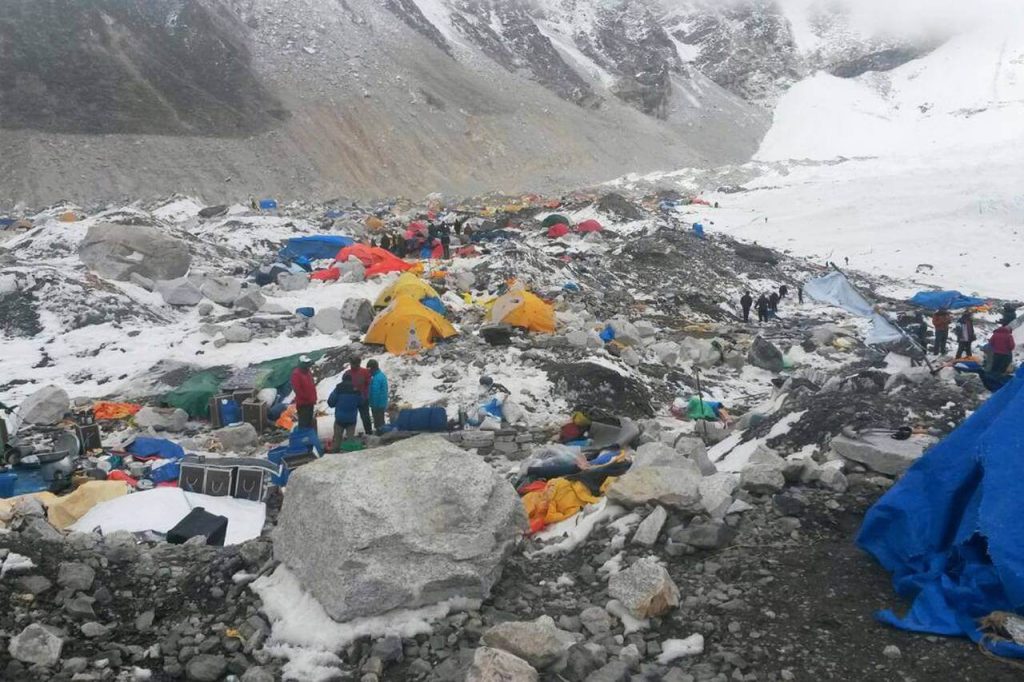June 07, 2023: Mount Everest, the highest peak in the world, has witnessed the accumulation of thousands of kilograms of waste during the ascent of climbers in the spring season. The increased pollution in the Himalayas has resulted in a higher amount of waste this time around. The Sagarmatha Pollution Control Committee has reported the collection of 54,238 kilograms of waste from Mount Everest during the current climbing season.
Among the collected waste, 19,031 kilograms consisted of paper and plastic, 7,745 kilograms were tin cans and bottles, 18,707 kilograms were human excrement, and 8,747 kilograms were kitchen waste. This information was provided by the chairman of the Everest Summiteers Association, Lhakpa Sherpa.
Yubaraj Khatiwada, the Director of the Department of Tourism, stated that around 120 climbers had successfully reached the summit of Mount Everest this spring, but unfortunately, 12 individuals lost their lives during the expedition. Among the deceased, 11 bodies were recovered. He also shared that five climbers were reported missing. The exact number of casualties among them is yet to be determined.
Furthermore, the department revealed that around 2,000 climbers and guides had reached the Everest Base Camp during this spring season. Out of the 478 individuals who had obtained permits for Mount Everest expeditions, 376 were male and 102 were female. The number of individuals attempting to climb Everest during this season is considerably high.
During the spring season, the government has collected a royalty fee of NPR 76,57,58,300 (76 crore 57 lakh 58 thousand 300 rupees) from mountaineering activities. With the growing number of climbers attempting to ascend Mount Everest from Nepal, it is crucial to address the issue of overcrowding and regulate climbing activities to ensure the preservation of the mountain’s pristine environment.













